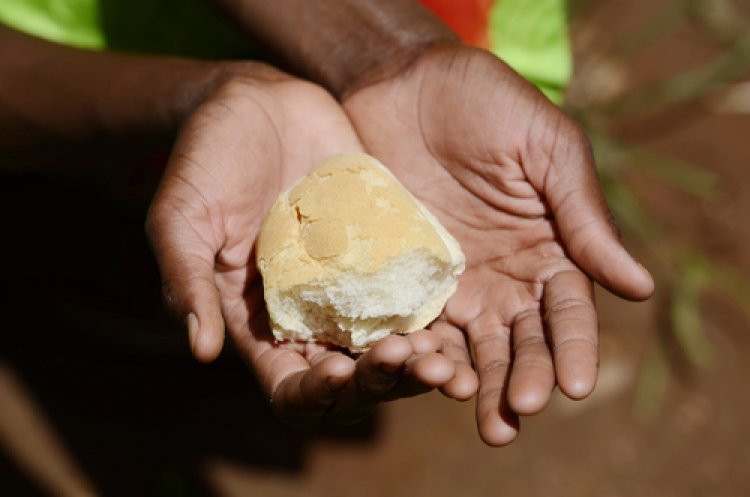
Sugar has all but vanished from supermarkets. Egypt imports about a million tons of sugar annually – about a third of its total consumption – but has cut imports by private traders, leaving the market short.
Imports of powdered infant formula are down. Salmon has disappeared from upper scale supermarkets. Painkillers have become tough or impossible to find. Tomatoes are for sale for 10 Egyptian pounds a kilogram in the Cairo market while the average monthly salary is only 868 Egyptian pounds.
Egyptian authorities blamed traders and suppliers for hoarding and smuggling goods. They have so far seized 9,000 tons of sugar in raids on factories and warehouses of the country’s largest manufacturers of confectionaries, and plan to resell the sugar to the public at subsidized prices.
The crisis comes just as President Abdel Fatah al-Sisi was making unpopular cuts to a subsidies program to receive the first installment of an International Monetary Fund $12bn loan which he hopes will stimulate the economy.
For Egypt’s wealthy, who swept al-Sisi into power, it will take more than the rising price of salmon to ignite anger with the government. But for the vast majority, who live on relatively little, rising prices, inflation and the subsidy cuts have had a draconian impact on their standard of living.
Earlier this month, a taxi driver in the coastal city of Alexandria set himself on fire in protest over rising prices.
“The government will have to enact subsidy reform and currency devaluation at a time when the economic situation is pretty dire,” said HA Hellyer of the Royal United Services Institute in London. “They have no choice, but I worry about a social reaction; riots or things like that.”
